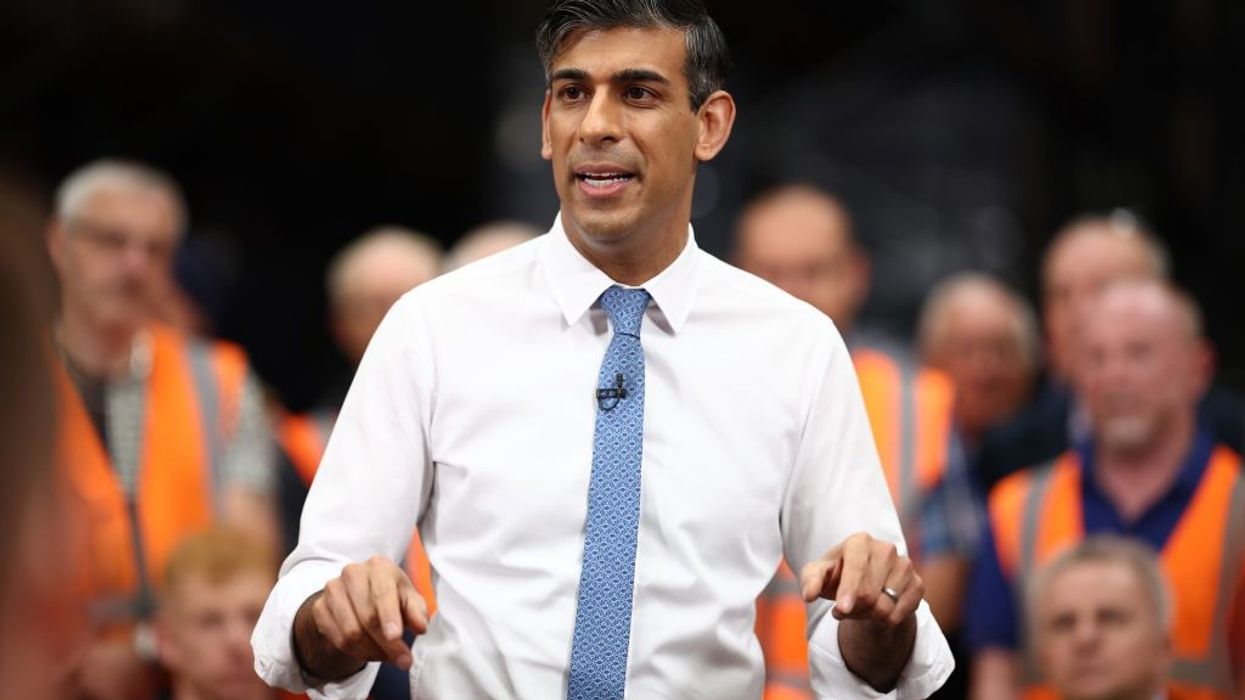Rishi Sunak dismissed rumours on Monday that he would resign before the July 4 general election. This came amidst ongoing criticism of his early departure from D-Day commemoration events.
The prime minister apologised following outrage from veterans' groups for his decision to skip an event in northern France marking the 80th anniversary of the invasion. Instead, Sunak recorded a television interview, drawing criticism from colleagues.
Despite predictions of a significant defeat to the main opposition Labour party, Sunak remained defiant. "People are gonna say what they're gonna say," he said.
He warned against assuming the election outcome was certain and highlighted his past comebacks, such as after his Tory leadership defeat to Liz Truss in 2022.
"I'm not going to stop fighting for people's votes, I'm not going to stop fighting for the future of our country," he added during a campaign stop.
Sunak had until January next year to call a general election but chose to do so early as inflation showed signs of slowing, suggesting an economic turnaround.
The announcement, made in Downing Street, surprised his party, which scrambled to find candidates for the 650 parliamentary seats.
Other campaign missteps included a visit near where the Titanic was built, sparking comparisons to a sinking ship.
Sunak, a former financier who became prime minister after Truss's tenure ended in October 2022, also faced questions about his claims on Labour's tax plans.
The Tories will publish their formal policy proposals on Tuesday. Labour will launch its manifesto on Thursday, with leader Keir Starmer promising "no tax surprises" for working people.
The Liberal Democrats released their 116-page manifesto on Monday, criticizing the Tories' record. "This election is our chance to win the change our country desperately needs... These Conservatives have got to go," said party leader Ed Davey.
Predicted to become the third-largest party, the Lib Dems propose investing in renewable energy, banning raw sewage dumping, rebuilding ties with Brussels, and rejoining the European single market. They also advocate restoring international development spending to 0.7 per cent of gross national income, cut to 0.5 per cent in 2020 when Sunak was finance minister.
(AFP)





